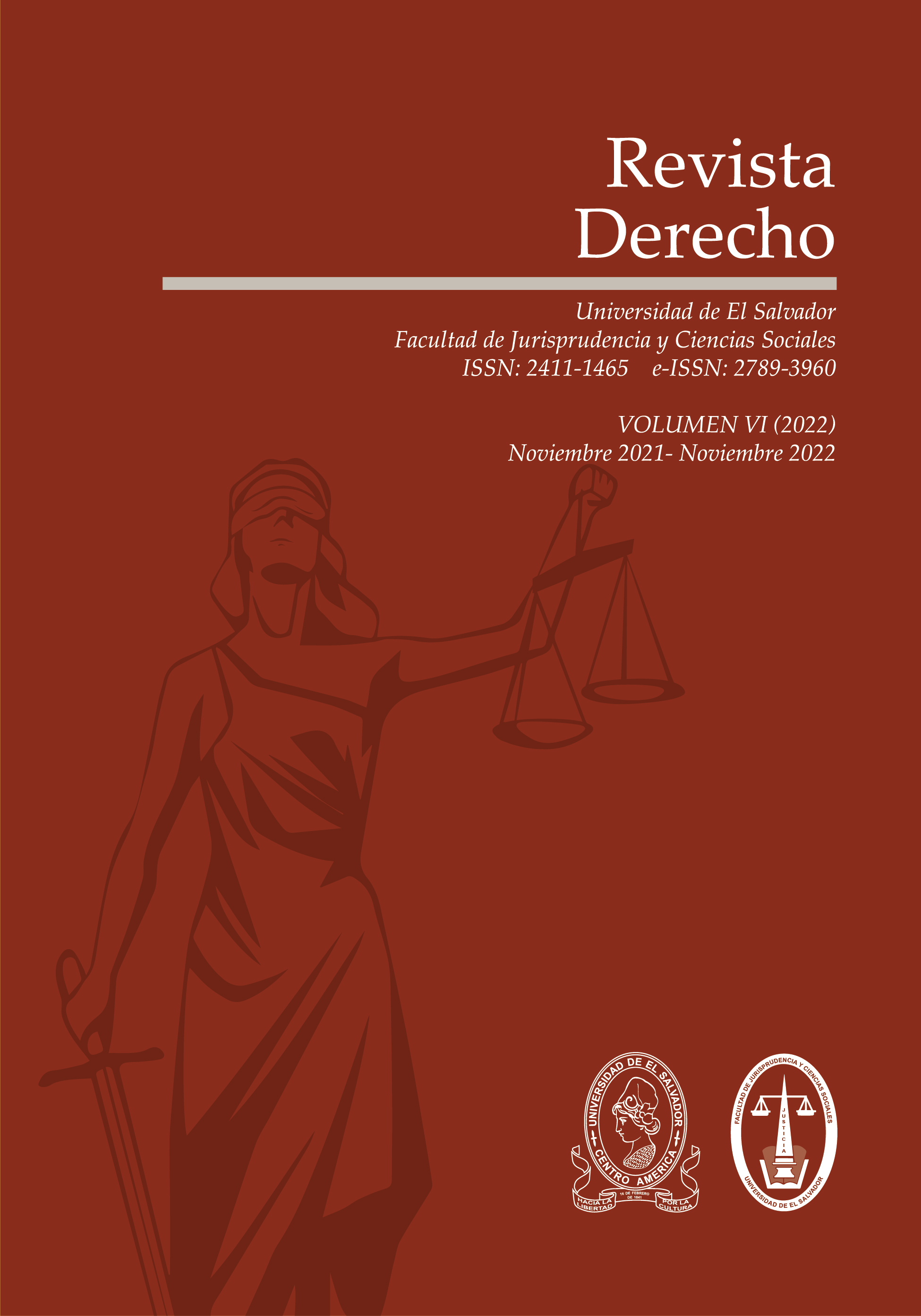Main technological innovations implemented by Latin American countries, due to the effects of COVID-19 pandemic
Keywords:
COVID-19, Digitized Registry Service, Public Service, SUNARP , Follow It, QR Code, Registry Zones, Electronic Signature, Digitalization, Holograph WillAbstract
Humanity has been transformed by many factors throughout history, and events such as the COVID-19 pandemic have not been the exception, although its reproduction and dissemination brought with it a social isolation worldwide, it also brought out the best of human beings: their creativity. This has enabled it not to remain static in its development, but to seek alternative solutions to make them available to public institutions and thereby improve living conditions around the world. Among these solution alternatives, technological innovations applicable to public registries have arisen in order to maintain the service they provide and through which the legal security of the population regarding real rights and registry publicity is guaranteed.The celebration of the meetings of the Latin American Registry Consultation Committee opens the doors to learn about the changes that each of the countries invited to them present at the registry level, and whose diffusion, the development of the improvement of the activities of the registrars for the benefit of the users of the Public Registries, regardless of whether these are personal property, real estate, people or guarantees, being represented with the new digitized registry service.
Downloads
References
Encuentro del Comité Latinoamericano de Consulta Registral celebrado en la ciudad de Cusco, Perú 2021.
Santos, Zegel Basilio, en del servicio público documentado al servicio público digital: la tecnología al servicio de un procedimiento registral célere y una seguridad jurídica eficaz (nuevo rol de la Sunarp frente a la Ley de Gobierno Digital. Dec. Leg. N° 1412).
Pérez Fernández del Castillo, Bernardo. Derecho Registral. Tercera edición. México, editorial Porrúa, 1992.
Sala de lo Contencioso Administrativo, sentencia definitiva ref. 55-D-99. El Salvador, Corte Suprema de Justicia, 29 de junio de 2000,
La ley de Firmas Digitales y Certificados Digitales, fue promulgada por el Congreso de la República del Perú, y fue publicada en el Diario Oficial El Peruano, el 28/05/2020, año XVIII, N° 7279.
Downloads
Published
Issue
Section
License
Copyright (c) 2022 Revista Derecho

This work is licensed under a Creative Commons Attribution-NonCommercial 4.0 International License.
The authors transfer the copyright rights in favor of the Faculty of Jurisprudence and Social Sciences of the University of El Salvador (through Aequus Editorial) to include their writing in Revista Derecho.








